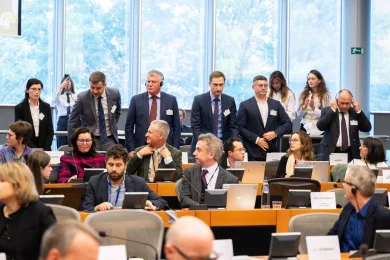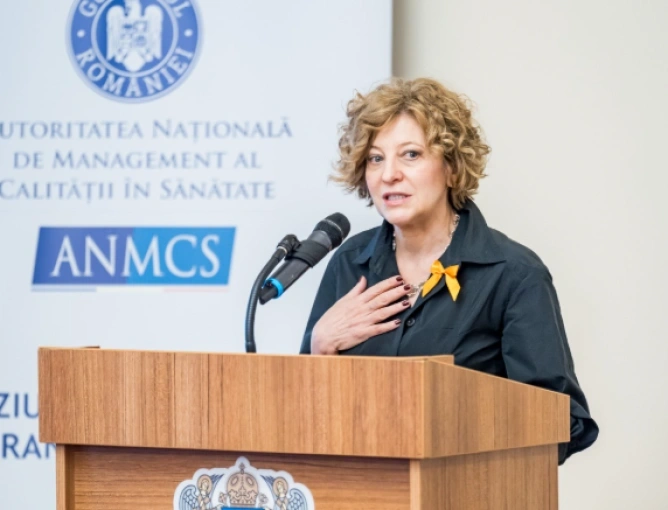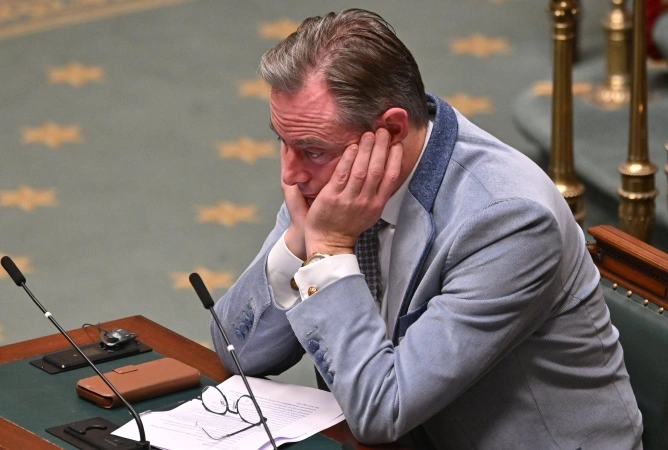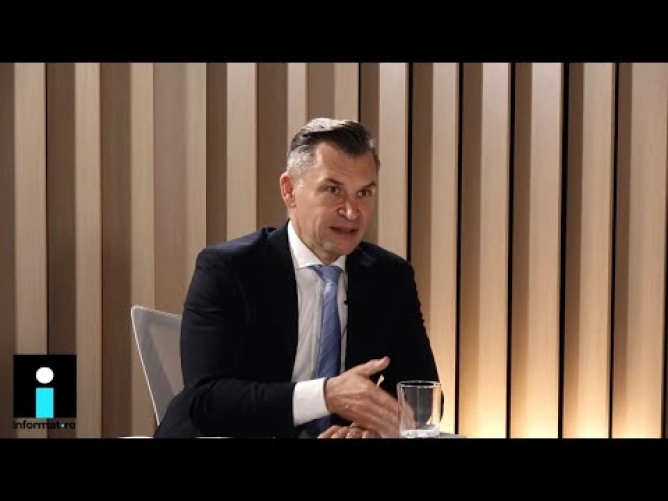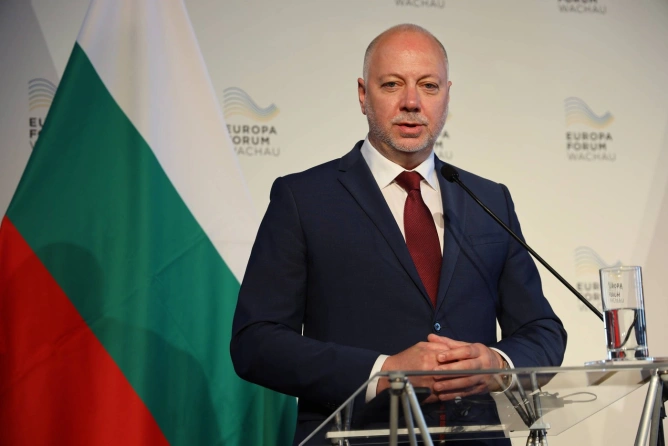
Brussels, November 20, 2025 - The European Commission has presented a comprehensive package of measures to increase access to supplementary pensions and to strengthen their role in ensuring adequate income at retirement. The proposals aim to complement public pension systems, in the context of an aging population, declining workforce, and atypical forms of employment that risk reducing the standard of living for future retirees.
The Commission emphasizes that public pensions remain the foundation of European systems, but in many member states they will not be sufficient to maintain an adequate standard of living. Participation in supplementary schemes is low: only 20% of Europeans contribute to an occupational fund, and only 18% have a private pension product, according to EIOPA data. The adopted package aims to stimulate demand for such products, as well as to strengthen supply, so that Europeans can diversify their sources of income for retirement.
The Commission recommends that member states introduce mechanisms for the auto-enrollment of workers in supplementary schemes, with the option to opt-out. This measure, based on good practices from the EU and countries such as the United Kingdom and New Zealand, aims to increase participation, including among women, young people, workers with atypical contracts, and low-income employees, who currently have the lowest saving rates for pensions. The recommendation also includes the development of national pension tracking systems, which will provide each citizen with a clear picture of the rights accumulated in all schemes, as well as national dashboards for analyzing the sustainability and adequacy of pension systems. These tools will feed into a future European dashboard.
The proposed legislative package revises the Directive on Institutions for Occupational Retirement Provision (IORP II), to allow funds to operate more efficiently and at a larger scale. Many schemes are considered too small to diversify their investments and achieve better returns. The new proposal paves the way for market consolidation, improves supervisory cooperation between authorities, and strengthens governance, risk management, and transparency requirements. The goal is to reduce costs, expand investments including in equities, and increase funding opportunities for European companies.
Another central element is the reform of the Regulation on the Pan-European Personal Pension Product (PEPP). The Commission introduces a "Basic PEPP", a simplified, accessible, and low-cost product suitable for online sale without mandatory advice. It will invest at least 95% of assets in non-complex financial instruments, such as stocks, exchange-traded funds, or bonds. For diversification, the remaining assets can be invested in unlisted equity or infrastructure. At the same time, providers will also be able to offer "customized" PEPPs, with guarantees or more complex investment structures tailored to each investor's profile.
The Commission also clarifies the application of the "prudent person principle", the standard that guides pension fund investments. Different interpretations at the national level have limited scheme involvement in investments in equities and private assets. The adopted communication specifies that all pension schemes should consider investments in equity as a legitimate part of long-term portfolios, to the extent that they are in the beneficiaries' interest. This aims to increase long-term returns and support the financing of the European economy.
The presentation of this package is part of the Strategy for the Union of Savings and Investments (SIU), through which the Commission aims to mobilize private capital for productive investments, economic growth, and competitiveness. The measures respond to repeated calls from the Eurogroup, the European Council, and the Parliament, as well as to recommendations from the Letta and Draghi reports, which emphasize the need to mobilize private capital for strategic EU objectives.
"Our goal is clear: everyone should be able to maintain a good standard of living in retirement. That is why we have adopted a comprehensive approach to strengthening supplementary pensions, so that they complement, not replace, public pensions. The new measures will provide Europeans with better tools to plan their retirement age and will contribute to mobilizing capital for the EU economy," said Maria Luísa Albuquerque, European Commissioner for Financial Services and the Union of Savings and Investments.
The legislative proposals regarding IORP II and PEPP will be sent to the European Parliament and the Council for negotiation and adoption. The recommendation on auto-enrollment, tracking, and dashboards will be monitored through the European Semester and the SIU framework, and the Commission will facilitate the exchange of best practices among member states. An evaluation report on the effectiveness of the measures is planned for the mid-term review of the SIU Strategy, scheduled for 2027.
